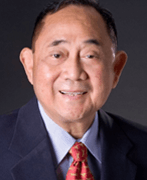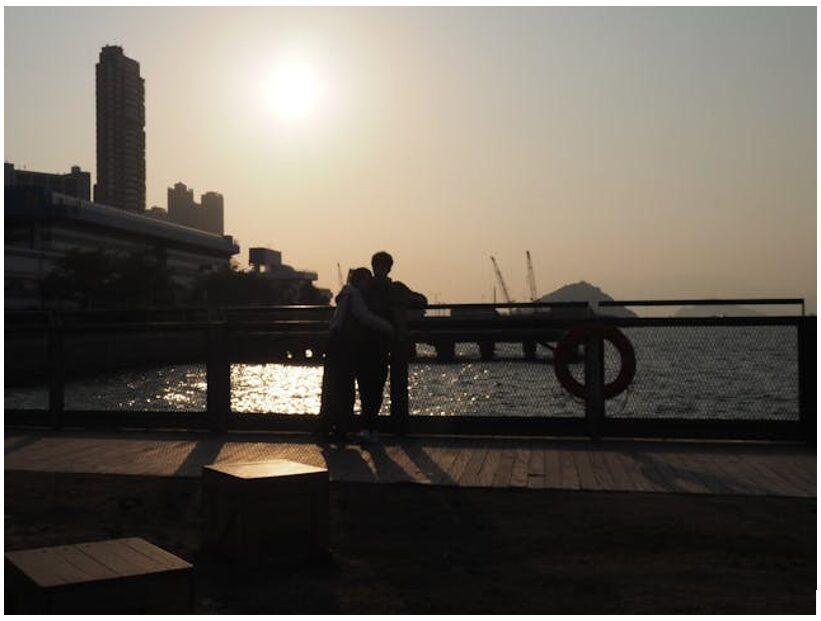Today marks the 20th Anniversary of the International Conference of Asian Political Parties (ICAPP), which we founded and launched here in Manila on September 17-20, 2000, to serve as a forum for dialogue, understanding and cooperation on issues and challenges in Asia through the network of political parties.
We earlier planned to hold our ICAPP founding anniversary and 11th general assembly this month here in Manila or in Turkey but we postponed it indefinitely due to the onslaught of the global Coronavirus.
Back in September, 2000, only few people believed that it would be possible to bring together political parties with different ideologies and from various Asian countries under one organization, but the indefatigable optimist in us thought that with then 40 political parties from 21 Asian countries responding positively to our personal invitation was an achievement in itself.
Among those who graced the ICAPP inaugural were Benazir Bhutto, the first woman prime minister of Pakistan and in the Muslim world; former Prime Minister and then Speaker of Parliament Prince Norodom Ranariddh of Cambodia; former President Kim Young-sam of South Korea; Speaker of Parliament and former president of the U.N. General Assembly Humayan Rasheed Choudhury of Bangladesh; and member of parliament and later Education Minister Kunio Hatoyama of Japan, grandson of Prime Minister Ichiro Hatoyama.
The late Philippine democracy icon former President Corazon Aquino; former President Fidel Ramos, hero of the 1986 Edsa Revolution and our co-founder with the late Senator and Foreign Secretary Raul Manglapus of the Lakas-NUCD-UMDP, which we later renamed Lakas-CMD (Christian-Muslim Democrats); and then President Joseph Estrada addressed the delegates from Asia, Europe and Latin America, with President Estrada graciously hosting an official dinner in Malacanang.
Today, we in ICAPP are composed of some 350 ruling, opposition and independent political parties from 52 Asian countries, including the major political parties in the Philippines, and in our modest way have been helping advance the causes of peace, security and development in our Asian region and the international community through fraternal consultation and political cooperation.
Through our special conferences, we forged consensus and common strategies on various issues such as poverty alleviation, natural disasters and environmental protection, women and youth empowerment, migration and refugees, and the historic Silk Road. Our 39-member Standing Committee, ICAPP’s governing body, perhaps the world’s largest, meets twice a year and the general assembly once every two years.
To enlarge our reach, we created affiliated groups under our organization, namely, the Women’s Wing, Youth Wing, Media Forum, ICAPP Program for Disasters Assistance, Asia-Europe Political Forum, Asian Cultural Council, ICAPP Tourism Promotion Council, and the Asian-Latin American Business Council. They are autonomous and can meet as needed.
We also expanded our working partnerships which now include political parties from Latin America and the Caribbean, Africa, and Europe. Late last year, we initiated a dialogue with the U.S. Republican and Democratic parties as well as former and incumbent U.S. senators and congressmen in hopes that someday we may establish a global alliance of political parties, thus giving political parties a stronger, broader and louder voice on issues and challenges confronting the global community.
In 2006, as our modest contribution in helping encourage direct talks between Seoul and Pyongyang, we transferred from Manila to Seoul the Secretariat of ICAPP, now headed by our able Secretary General, former South Korean Ambassador Park Ro-byug, in hopes that someday North Korea and South Korea can perhaps be connected by a loose Confederation, until at some point in the future they can become a united Republic, with alternating presidency. It is a difficult but not an impossible dream because the two Vietnams and the two Germanys eventually reunited after many years of division and conflict.
Much earlier, as our humble contribution to peace efforts in the Korean peninsula, we presented some proposals, among which are the following: (1) Develop inter-Korea commercial flights, highways, and a common railway system for the two Koreas from Pusan at the end of the Korean South facing Japan to North Korea’s Yalu border with China, which, it is hoped, will interlink with the Trans-Siberian Railways to Russia and to Europe;
(2) Develop and industrialize the North Korean economy and agriculture, expand the education system, and immediately open the region to active tourism;
(3) Develop close political and economic relations between North and South and with China, Japan, the U.S., Russia, and ASEAN and work with the U.N. system and the global community, and for North Korea to join ASEAN Plus 3 (Japan, China, South Korea) to become ASEAN Plus 4.
We in Asia and the global community commend and must build on the historic direct talks between U.S. President Donald Trump and North Korean leader Kim Jong-un and between Kim Jong-un and South Korean President Moon Jae-in, which we hope will eventually lead to a roadmap to an eventual unification and a lasting peace in the Korean peninsula.







